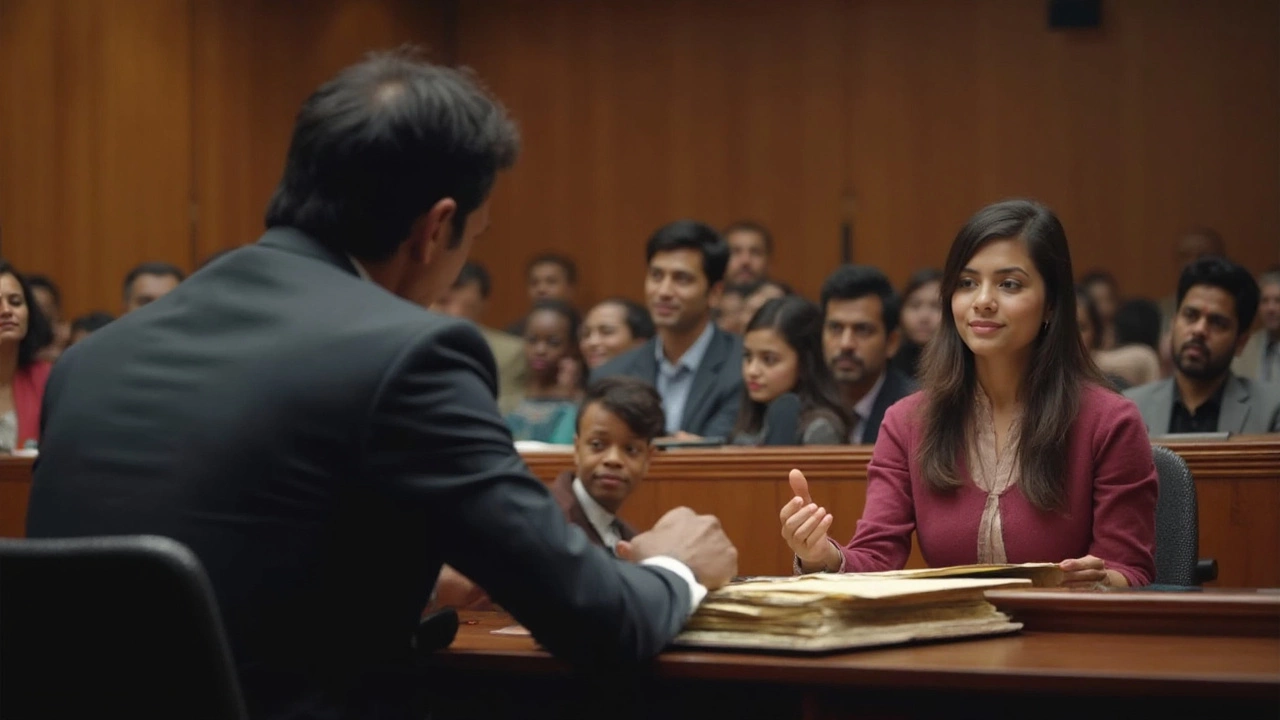Unethical Lawyer: Spot Bad Practice and Protect Yourself
Ever felt a lawyer wasn’t playing fair? You’re not alone. Many people run into lawyers who cut corners, overcharge, or even break the law. Knowing the red flags can save you time, money, and stress.
Common Signs of Unethical Behavior
First, watch for vague fee agreements. A trustworthy lawyer will give you a clear breakdown of costs. If they keep changing the price or promise "no fee unless you win" without a written contract, that’s a warning sign.
Second, pay attention to communication. An ethical lawyer returns calls or emails promptly and explains legal steps in plain language. If you’re left hanging for weeks, or they use jargon to hide what’s really happening, they may be trying to keep you in the dark.
Third, look for promises that sound too good to be true. No lawyer can guarantee a win in court. If they say, "I’ll get you a divorce in a week" or "You’ll never pay taxes again," they’re likely exaggerating or lying.
Fourth, notice how they handle paperwork. Missing deadlines, filing incomplete forms, or asking you to sign blank documents are serious red flags. These actions can sabotage your case and even get you into legal trouble.
Finally, consider their reputation. Search online reviews, ask friends, or check the bar council’s disciplinary records. A pattern of complaints about intimidation, fraud, or breach of confidentiality should make you think twice.
What to Do If You Suspect Misconduct
When you suspect a lawyer is acting unethically, act quickly. Start by documenting everything: emails, text messages, invoices, and notes from meetings. This record will be useful if you need to file a complaint.
Next, talk to the lawyer directly. Sometimes a simple misunderstanding can be cleared up with a conversation. Ask for a written explanation of any fees or actions you find questionable.
If the issue isn’t resolved, contact your local bar association or law society. They handle complaints, investigate misconduct, and can discipline lawyers who break rules. Most associations have an online form to submit your evidence.
You can also seek a second opinion from another attorney. A fresh set of eyes can tell you whether the original lawyer’s advice was sound or if you’re being misled.
Finally, protect your interests by finding a reputable replacement. Look for lawyers with transparent fee structures, positive client feedback, and a clean disciplinary record. A good lawyer will be willing to explain their strategy and keep you updated.
Remember, you have rights as a client. You deserve honest advice, fair billing, and competent representation. By staying alert to warning signs and taking action early, you can avoid the pitfalls of an unethical lawyer and keep your legal matters on track.

What Is a Bad Lawyer Called? How to Spot and Avoid One in Family Law
Ever wondered what makes a lawyer 'bad,' especially in family law where mistakes can cost big? This article breaks down the real-world labels for poor legal pros, the true warning signs of weak representation, and what sets the good ones apart. You'll get practical tips to spot the red flags early. Learn how to protect your case and yourself from the fallout of lousy legal help. No fluff—just straight talk drawn from real scenarios.